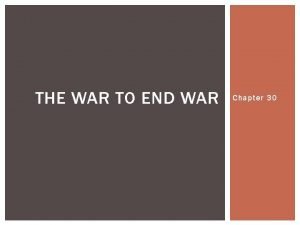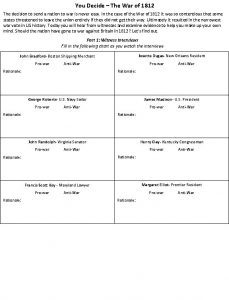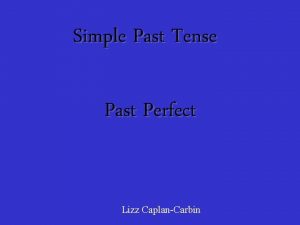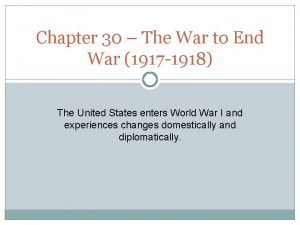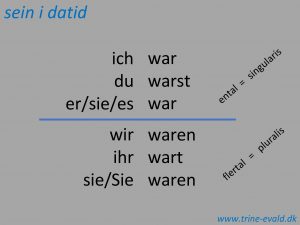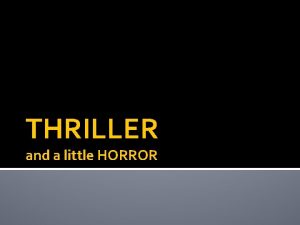WAR POETRY How is the horror of WW





- Slides: 5

WAR POETRY How is the horror of WW 1 communicated through the language and devices in the poem ‘Dulce et Decorum Est’ by Wilfred Owen?

‘Dulce et Decorum Est’ by Wilfred Owen. Bent double, like old beggars under sacks, stumbling If you could hear, at every jolt, the blood Knock-kneed, coughing like hags, we cursed And flound’ring like a man in fire or lime. — Come gargling from the froth-corrupted lungs, through sludge, Dim through the misty panes and thick green light, Obscene as cancer, bitter as the cud Till on the haunting flares we turned our backs, As under a green sea, I saw him drowning. Of vile, incurable sores on innocent tongues, — And towards our distant rest began to trudge. My friend, you would not tell with such high Men marched asleep. Many had lost their In all my dreams before my helpless sight, zest boots, He plunges at me, guttering, choking, To children ardent for some desperate glory, But limped on, blood-shod. All went lame; all drowning. blind; The old Lie: Dulce et decorum est Drunk with fatigue; deaf even to the hoots Pro patria mori. If in some smothering dreams, you too could Of gas-shells dropping softly behind. pace Behind the wagon that we flung him in, Gas! GAS! Quick, boys!—An ecstasy of And watch the white eyes writhing in his fumbling face, Fitting the clumsy helmets just in time, His hanging face, like a devil’s sick of sin; But someone still was yelling out and

What does ‘Dulce et decorum est pro patria mori’ mean? ◦ “it is sweet and honourable to die for one's country” ◦ QUESTION: Do you think the poet believes this? Discuss.

Poetic devices: Language ◦ Metaphor- Saying something is something else, not necessarily in similarity. E. g. Love is a wave. ◦ Simile- A comparison of two things using the words ‘like’ and/or ‘as’. E. g. Shining like a star. ◦ Personification-Giving inanimate objects human characteristics. E. g. The wind blew angrily, the leaves danced across the woodland floor. ◦ Pathetic fallacy-The weather is used to reflect the mood of a character/poem. ◦ Repetition- Something is said more than once for a purposeful effect, therefore meaning is enhanced. ◦ Alliteration-The same (sound) letter repeated for effect, e. g. The sad, solitary, sinking feeling was all too familiar to him. ◦ Sibilance-The same (sound) letter repeated for effect- specifically the letter ‘s’. ◦ Plosives- Harsh sounding consonants, again, used for (sometimes dramatic) effect. E. g. The big bold bear (b, f, p, d)

Using he poetic devices consider how the poet communicates the horror of war. ◦ Work in pairs to highlight any examples of any of the devices ◦ Then consider what impact it has on you - ie how it makes you feel? What it allows you to understand about the poet’s experience of war. ◦ You will use this annotation to create a PEE paragraph answering the following question: ◦ ‘How does the poet Wilfred Owen feel about war? ’
